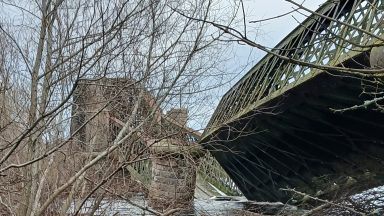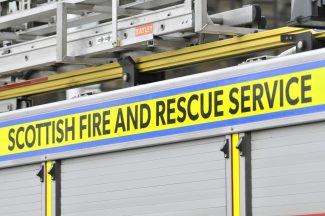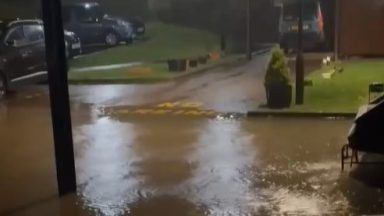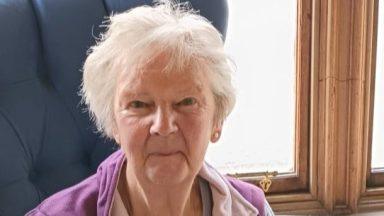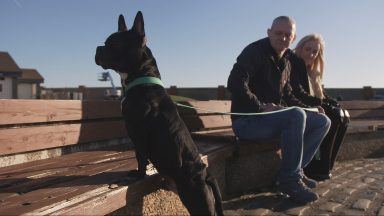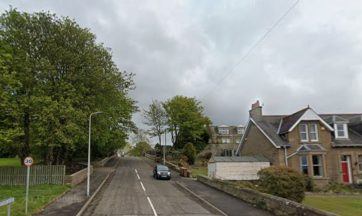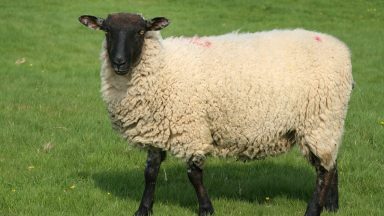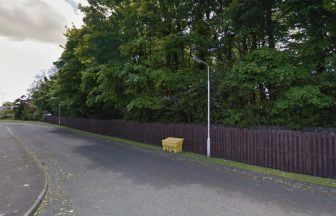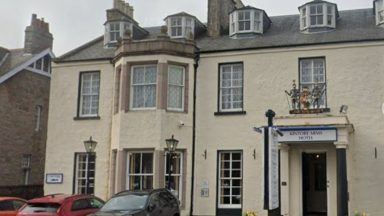Hundreds more dead birds have been removed from beaches in Aberdeenshire amid an “unprecedented” rise in avian flu cases.
On Monday, a total of 330 birds were removed from Stonehaven beach as Aberdeenshire Council confirmed teams are working to clear carcasses from shores with a warning to the public to avoid touching dead or dying birds who may wash up on beaches.
The council told STV News on Tuesday that a further 100 carcasses were removed from Stonehaven beach as well as 126 from Cruden Bay.
The local authority warned that people should be aware that there will “inevitably” be more birds washed ashore with each tide so beaches may not be cleared entirely.
A NatureScot spokesperson said: “We are concerned about the unprecedented outbreak of avian flu over the last two years and continue to work with partners through the Scottish Task Force to ensure that we have the correct monitoring and best advice for land managers in place. Testing is continuing.
“Members of the public should avoid touching sick or dead wild birds and we would encourage visitors to coastal NatureScot reserves to keep their dogs on a lead to avoid them picking up dead birds. Dead wild birds should be reported to DEFRA by phone 03459 335577 or online.”
The the national nature agency for Scotland confirmed that a total of 154 birds have been officially diagnosed with the influenza since October 2022.
Terns, gulls – such as Sandwich tern, common tern, kittiwake, herring gull and black-headed gull – and guillemots are among the species confirmed to have been diagnosed.
At this time of year, a large number of seabirds migrate to the north east of Scotland to feed and breed.
However, the rise of bird flu cases within wild bird populations is resulting in an unusually high number of dead or dying birds being washed up on beaches.
The council said: “We work closely with APHA whose general advice is to leave dead or sick birds in situ where natural processes will result in the breakdown of the carcasses. The risk of catching avian influenza from dead or dying birds is extremely low, however due to other diseases such as salmonella which wild birds can carry, the advice is to leave the birds in-situ.
“Keep pets and children away from any dead or sick birds and don’t touch wild bird feathers or surfaces contaminated with droppings.”
It follows restrictions being put in place around a farm near Banff on Sunday after the virus was discovered.
Movement restrictions on poultry, carcasses, eggs and manure were put in place to prevent spread of the disease.
The New Arc wildlife rescue charity in Ellon also said it is no longer taking in sick seabirds due to the risk of avian flu spreading.
Follow STV News on WhatsApp
Scan the QR code on your mobile device for all the latest news from around the country


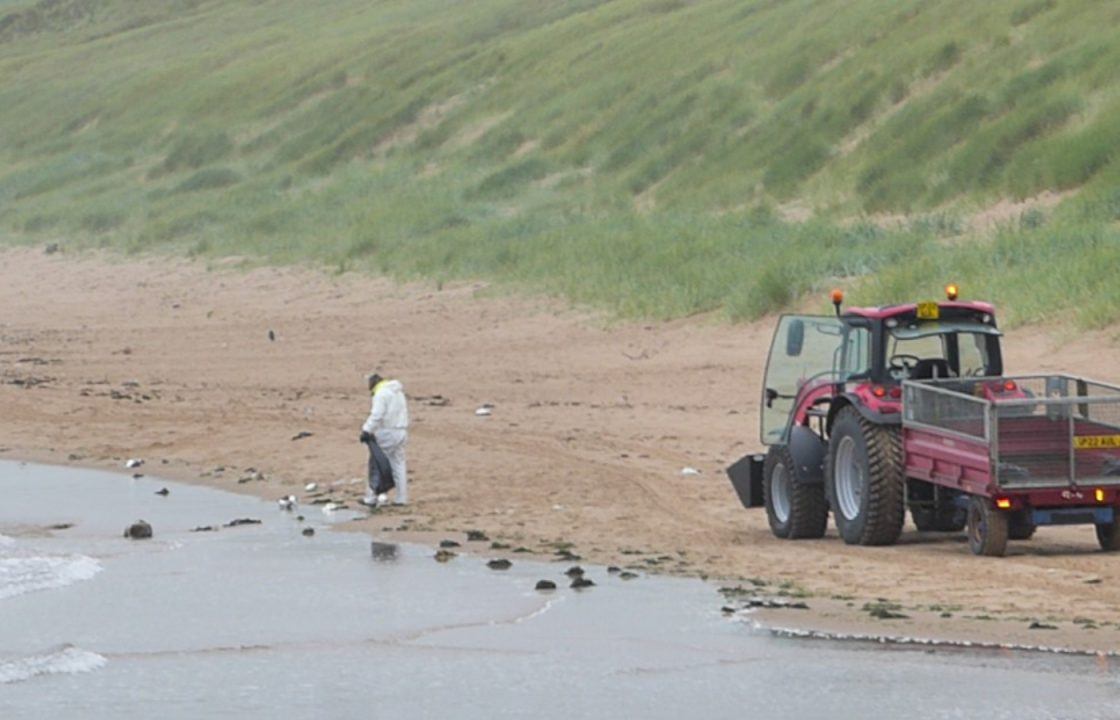 Mike Shepherd
Mike Shepherd



